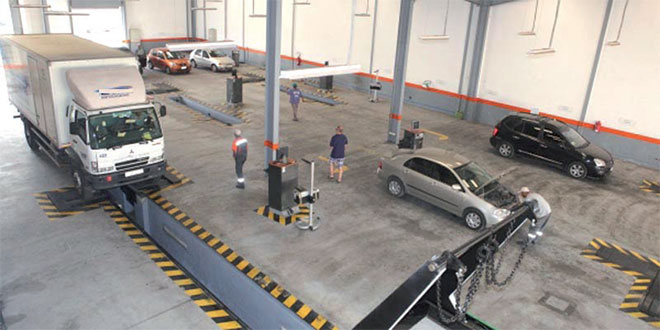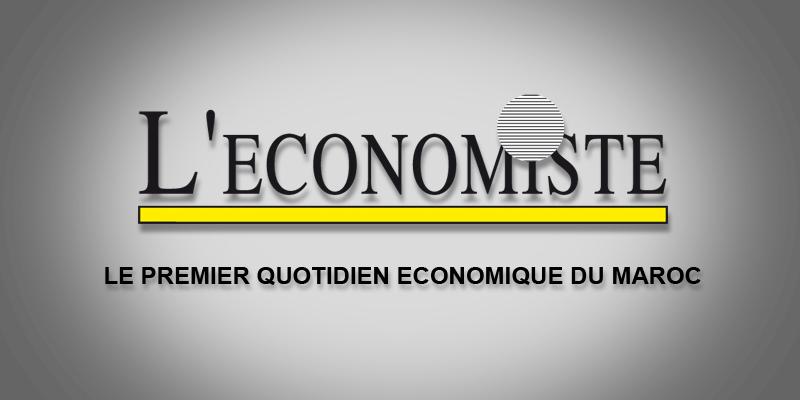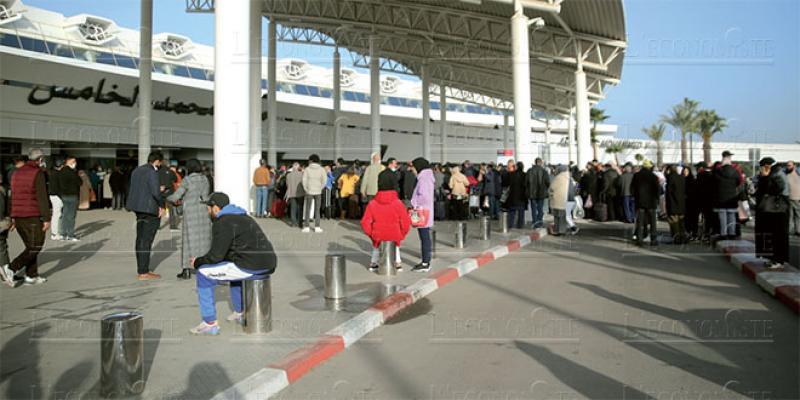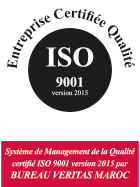The tsunami may have been avoided thanks to support measures, but business failures have surpassed the 10,000 mark in 2022, reaching 10,556 bankruptcies according to Inforisk. This figure incorporates a catch-up effect, with bankruptcies in 2020 being abnormally low due to the lockdown and the low activity withing the commercial courts and due to the stimulus generated by the economic watch committee’s measures. «The level of failures is not very alarming. It is in some ways a return to normalcy», notes Mehdi Arifi founder and general manager of AssurTrade(1) and former general manager for credit insurancefor the Maghreb region at Coface Morocco. However, the risks are on the rise with the persistence of the health crisis and the uncertainties surrounding economic growth. The latter is expected to be around 3%. The rainfall deficit and the prospect of a more marked underperformance of agricultural GDP could compromise this forecast. Household consumption, the main driver of growth, is expected to be less vigorous due to the decline in purchasing power, which is itself linked to the increase in consumer prices. The geopolitical risk and accelerating inflation also threaten the global recovery and, by way of consequence, the demand for Moroccan products and services. Despite this hazy context, specialists note some positive signals from certain trading partners, including Spain. This country has a good performance in terms of vaccination and economic recovery, which is rather encouraging for exports to this market. This said, supply difficulties and rising input prices are frustrating and are likely to weaken the cash flow of companies. This is one of the elements to watch out for as the Covid credit repayments are getting near. This will be a source of additional pressure, especially for companies operating in sectors where the recovery is still fragile. «2022 will be a bigger challenge than 2021», says Mehdi Arifi. For him, the sectors linked to social interaction and mobility such as catering and the hospitality industry, local retail, and transport would be more vulnerable to the economic situation. In the construction and public works sector, which is heavily dependent on public orders, the short-term outlook is uncertain due to the lengthening terms of payment and the increasing production costs. In this context, companies, especially SMEs, are developing a survival instinct and are increasingly in the protection of the customer base. «Companies are more selective and this is something we are seeing more and more in the field. They resort more to mechanisms to secure their trade receivables and to absorb the disturbances linked to the hazards of the business climate», notes the general manager of AssurTrade. Moreover, it is an additional argument to better negotiate with financial institutions. «They are more inclined to support companies that secure their trade receivables because the risk of customer default is controlled», notes Mehdi Arifi.
Tourist regions seriously affected
In the Greater Casablanca area, 3,176 businesses have closed down, a number that has risen by 9% over two years. A total of 1,337 proceedingswere opened in the Rabat-Salé-Zemmour-Zaer region compared to 1,307 in 2019. On the other hand, the context has been more devastating for businesses in the most popular tourist areas. The Marrakech-Tensift-Al Haouz region has seen the number of bankruptcies increase by 35% compared to 2019. In the Souss-Massa-Draa region, another hotspot of tourist activity, bankruptcies have exploded by 71% over one year and 169% over two years. Losses in the Tangiers-Tetouan region have increased by more than one third over two years. These three regions account for more than half of the increase in failures over two years. In the tourism ecosystem, the restaurant and hospitality industry has officially lost 433 units. Car rental companies are also paying a heavy price for the crisis with 178 bankruptcies recorded last year. Overall, trade, real estate, and construction account for 69% of business failures.
Franck FAGNON
-----------------------------------------------
(1) The company is active in the entire value chain of the protection of trade receivables, offering credit management solutions, collection management tools, insurance programs, and access to financing

























